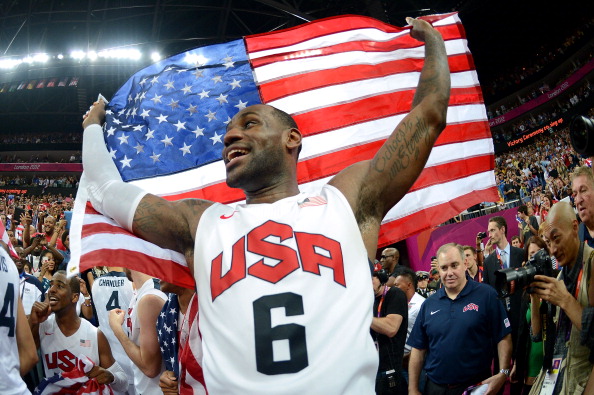Most PR pros have had nightmares about a serious public mistake. Or, we’ve felt that shiver of schadenfreude when someone else’s blunder goes viral. Some of us have even experienced them. So, in honor of Halloween, here’s my list of some of the scariest PR moves and mistakes to date.
The rogue tweet. In my book, the Kitchen-Aid tweet mentioning Obama’s grandmother takes the prize here. “Obamas gma even knew it was going 2 b bad! ‘She died 3 days b4 he became president,” was tweeted from @KitchenAidUSA to its 25,000 followers during the first presidential debate October 3. The tweet was obviously an accident and Kitchen-Aid was quick to delete it and issue a well-articulated apology. But the social media slicing-and-dicing it endured is yet another lesson for those who manage multiple social media accounts simultaneously.
The cover-up. The New York Times headline last April said it all. ” Vast Mexico Bribery Case Hushed Up By Walmart After A Top-Level Struggle,” detailed how, when confronted with evidence of a strategy of brazen bribery to build its business in Mexico, top Walmart officials shut down an internal investigation and focused instead on covering up the malfeasance. Because Walmart was aware of the allegations, there’s an argument to be made that it should have gotten ahead of the story. Its response seemed to try to dismiss the scandal as an isolated occurrence, but the depth of detail that emerged make that pretty hard to swallow. A much more proactive communications strategy was required.
The amateur spy. The repercussions here were nothing like Mexico. But as a lapse in both judgment and ethics, it deserves a place on the “scary” list. In July, a young PR agency executive representing Walmart tried to infiltrate a meeting run by a labor group by passing herself off as a student reporter. The agency employee was characterized as a rogue and promptly cast out into the cold, but it’s hard to believe she acted independently. Frighteningly stupid.
The controversial stand. Chick-fil-A CEO Dan Cathy may have bitten off more than he could chew after his pro-traditional-marriage comments sparked a social firestorm. Marriage equality advocates squared off against traditionalists, with well-known mayors getting into the act. Ultimately, Chick-fil-A wasn’t badly burned by the meltdown, and it buried the hatchet with antagonists. But it was a step onto a third-rail issue with high damage potential, and one that probably won’t be repeated. The company pledged to reevaluate its funding of anti-gay groups, and its spokesperson announced its intention to “leave the policy debate over same-sex marriage to the government and political arena.”
The polarizing move. The same can’t be said for the self-inflicted damage to Susan G. Komen for the Cure earlier this year. When Komen attempted to drop Planned Parenthood from its grants program, Planned Parenthood fired back with a very public, and highly successful, move to mobilize support among women. Komen then reversed course, angering conservatives, along with just about everyone else. More importantly, founder Nancy Brinker didn’t own up to its position, and the controversy triggered closer scrutiny of many of its marketing and fundraising practices. Komen is still struggling to recover.
The social media “surprise.” Of all brands, McDonald’s takes top prize here. Despite its PR sophistication, McD’s seemed unprepared for the Twitter backlash served up in response to its promoted tweets campaign. Meant to highlight its organic potato farmer suppliers, the promotion used the hashtag #meetthefarmers. But when it invited consumers to share their own stories under a second hashtag #McDStories, it triggered a feeding frenzy of nasty comments. The campaign was pulled and branded a #McFail. The lesson here is that when you invite a response, you should be ready for anything.
The power play. Twitter itself stepped over the line when it suspended journalist Guy Adams’s account after he tweeted harsh criticisms of NBC programming during the Olympic Games. NBC was a major Twitter sponsor, and it turned out to be Twitter itself who notified NBC of the tweets (although officially Adams’s account was shut down for including the email of an NBC executive.) But it was a rich irony and important learning for Twitter. For a top social media community that advocates for open and free speech to clamp down so clumsily was a scary – albeit temporary – mistake.
The tasteless tweet. Little-known online store CelebBoutique outraged many when it hijacked the hashtag #Aurora after the tragic Colorado shooting to promote a fashion item. This wasn’t a rogue tweet. It was either a shameless attempt to exploit a tragedy, or thoughtless and sloppy social media practice. Either way, a repugnant move.

